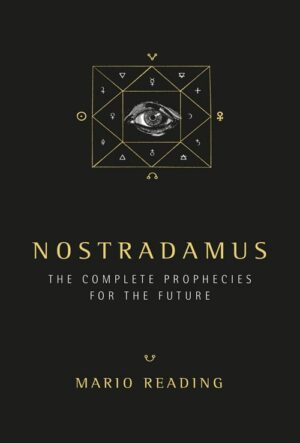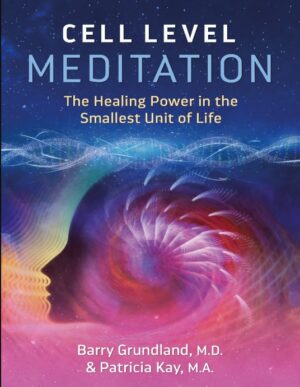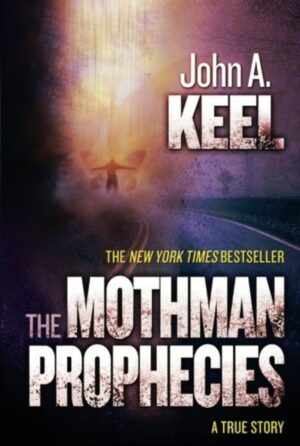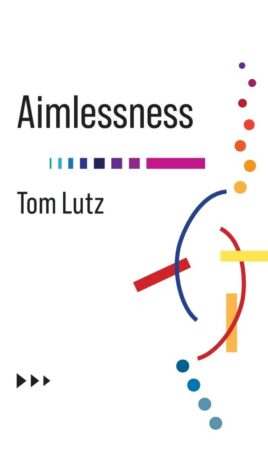Skip to content
"By simply looking at something, by becoming aware of it, you can change it. Cell Level Meditation focuses awareness on the smallest unit of life for the purpose of healing. Using the timeless technique of combining awareness with the breath, you move into the cells and become them. By meditating with your cells, you can awaken to the vast potential within yourself, move to greater levels of self-awareness, and enact healing all the way down to the cellular level.
In this simple guide, Patricia Kay, MA, and Barry Grundland, MD, give you the tools to connect with the wisdom and intelligence of your cells and work with them to heal. They offer sample meditations to...>>
"Wisdom, inspiration and prayer: As recent scientific research shows, the simple act of praying can be emotionally, spiritually, and even physically healing. With Prayers for Hard Times, author Becca Anderson offers solace in bringing together the wisdom of great thinkers, spiritual leaders and writers who have faced difficulty and learned from it.
Sacred and inspirational sources: Organized in daybook form, the book draws from sacred sources such as the Bible, the Torah, Buddhist and Native American texts, as well as inspirational writings of:
Joan Didion
Elizabeth Gilbert
Maya Angelou
Rumi
Mark Nepo
Harriet Tubman
...>>
"Our culture values striving, purpose, achievement, and accumulation. This book asks us to get sidetracked along the way. It praises aimlessness as a source of creativity and an alternative to the demand for linear, efficient, instrumentalist thinking and productivity.
Aimlessness collects ideas and stories from around the world that value indirection, wandering, getting lost, waiting, meandering, lingering, sitting, laying about, daydreaming, and other ways to be open to possibility, chaos, and multiplicity. Tom Lutz considers aimlessness as a fundamental human proclivity and method, one that has been vilified by modern industrial societies but celebrated by many religious traditions, philosophers, writers, and artists. He roams a circular path that snakes and forks down sideroads, traipsing through...>>





